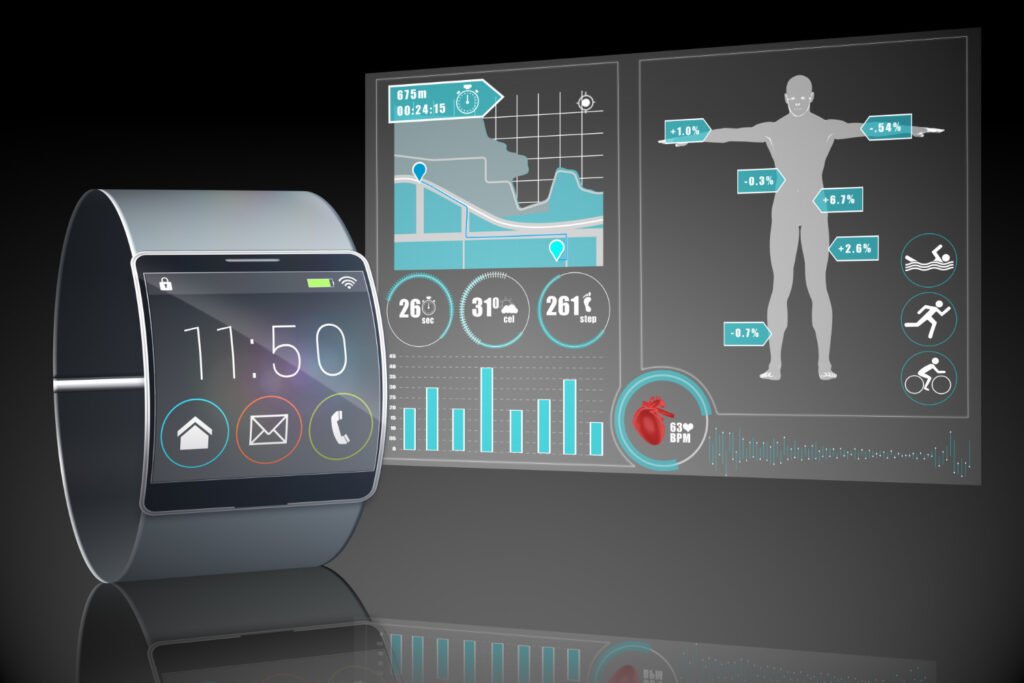Wearable devices for health tracking have surged in popularity among consumers for monitoring personal metrics. But how accurate are these gadgets for tracking health data? What should users know about the capabilities and limitations before purchasing wearable devices for health tracking? This article provides an overview.
The Wearable Health Tracking Market
The global market for wearable devices for health tracking is booming, expected to reach $138 billion by 2028 according to analysts. Top companies like Apple, Fitbit and Samsung continue unveiling innovations for tracking everything from daily steps to sleep quality. Consumer demand is driven by interest in taking personal health into their own hands. These wearables provide 24/7 access to health metrics wearers may otherwise rarely see.
Capabilities of Wearable Health Trackers
Modern wearable device features have vastly improved from early models. Today’s wearables for health tracking leverage advanced sensor technology and analytics to count steps, measure heart rate variability, monitor sleep duration and efficiency, calculate calorie burn, track menstrual cycles and more. High-end models like the Apple Watch 8 even offer ECG readings, fall detection and temperature sensing for fertility tracking. Syncing data to apps allows users to analyze trends over time.
Limitations to Consider
While tempting to wholly rely on wearables’ readings as gospel, consumers should remember these devices have limitations. Factors like improper wearing, skin type, tattoos and naturally low perfusion can interfere with sensor accuracy. Measurements like blood oxygen, pressure, ECG and temperature often remain inconsistent compared to medical devices. Even step counts can be inflated by excessive arm swinging. So data should be interpreted more as general trends rather than hard facts.
Security and Privacy Considerations
Sharing such personal data also raises privacy concerns – wearable company policies related to data usage, storage and protection lack transparency. Users typically must agree to terms that broadly permit sharing data with third parties like insurance providers. Security flaws allow hackers to access devices and steal health information as well. Consumers must weigh the risks versus rewards of storing sensitive health data on commercial wearable devices.
The Future of Wearable Health Tracking
As engineering and analytical capabilities grow, so too will wearables’ utility for tracking individual health signals. But technological advancements alone aren’t enough – establishing industry standards around accuracy, reliability, privacy and responsible data usage remains crucial for ethically monitoring consumers’ most sensitive metrics. While today’s wearable devices for health tracking offer intriguing potential, the industry must mature further to transform passive health data into truly actionable and trustworthy insights.

